Beeswax Candles: The Ultimate Guide
The ultimate guide to beeswax candles. What’s better, beeswax or soy? What candles burn longer? Find out!
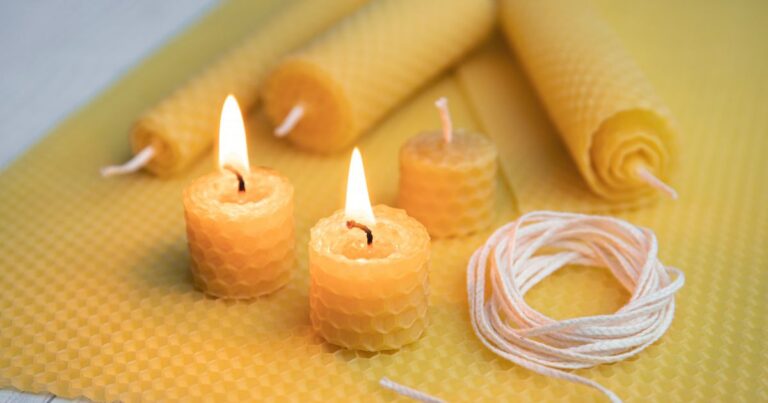
The ultimate guide to beeswax candles. What’s better, beeswax or soy? What candles burn longer? Find out!
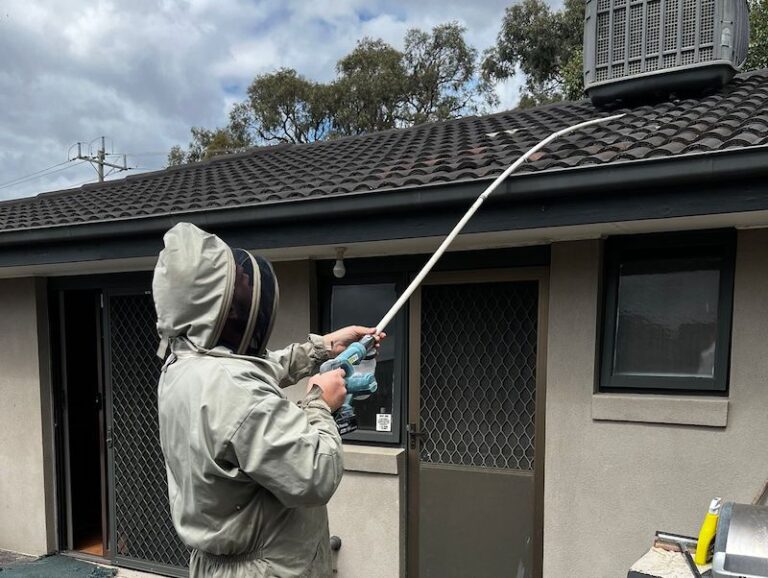
It was the summer of 2014-15, when Simon Fearn, of the Queen Victoria Museum and Art Gallery in Launceston, Tasmania, discovered the location of a potentially record-breaking second-year European wasp nest in the central north of the state.
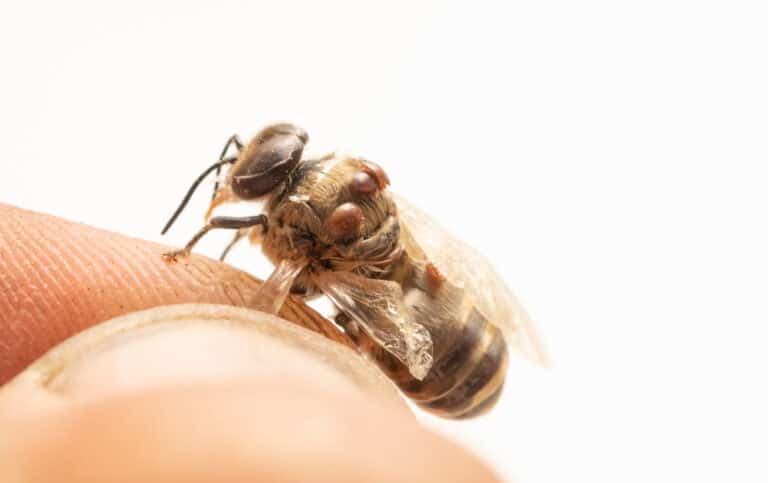
Our aim in providing ongoing information and commentary with respect to the varroa incursion in Newcastle is to create greater awareness of the nature and magnitude of this threat.

I’ve been rather vocal recently about the current varroa incursion first detected in
Newcastle on 22 June. As a result, this has stimulated considerable conversation and discussion. This inevitably creates greater awareness, which was part of the overall intention.

Up to 300,000 hives are trucked from all over southeast Australia to the almond orchards along the Murray – the largest annual movement of livestock in the country.
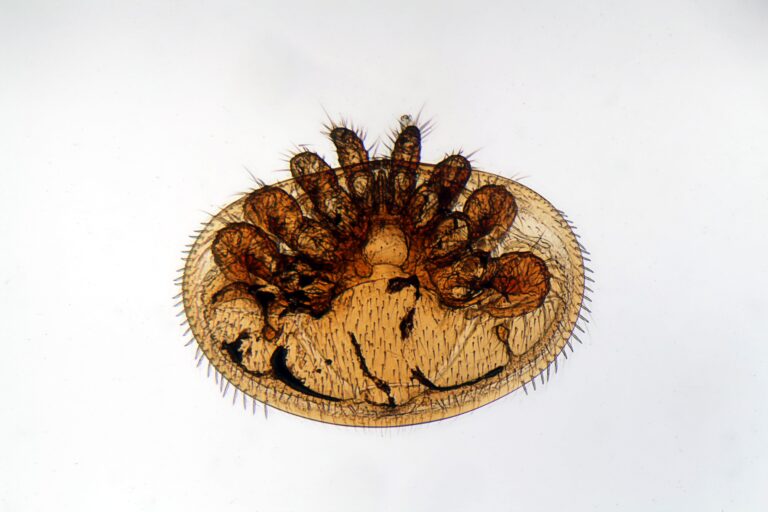
The NSW Department of Primary Industries held a briefing for beekeepers
in Newcastle to provide an update on the current emergency response for varroa mite.

The European wasp is a highly efficient, opportunistic and indiscriminate predator and scavenger!
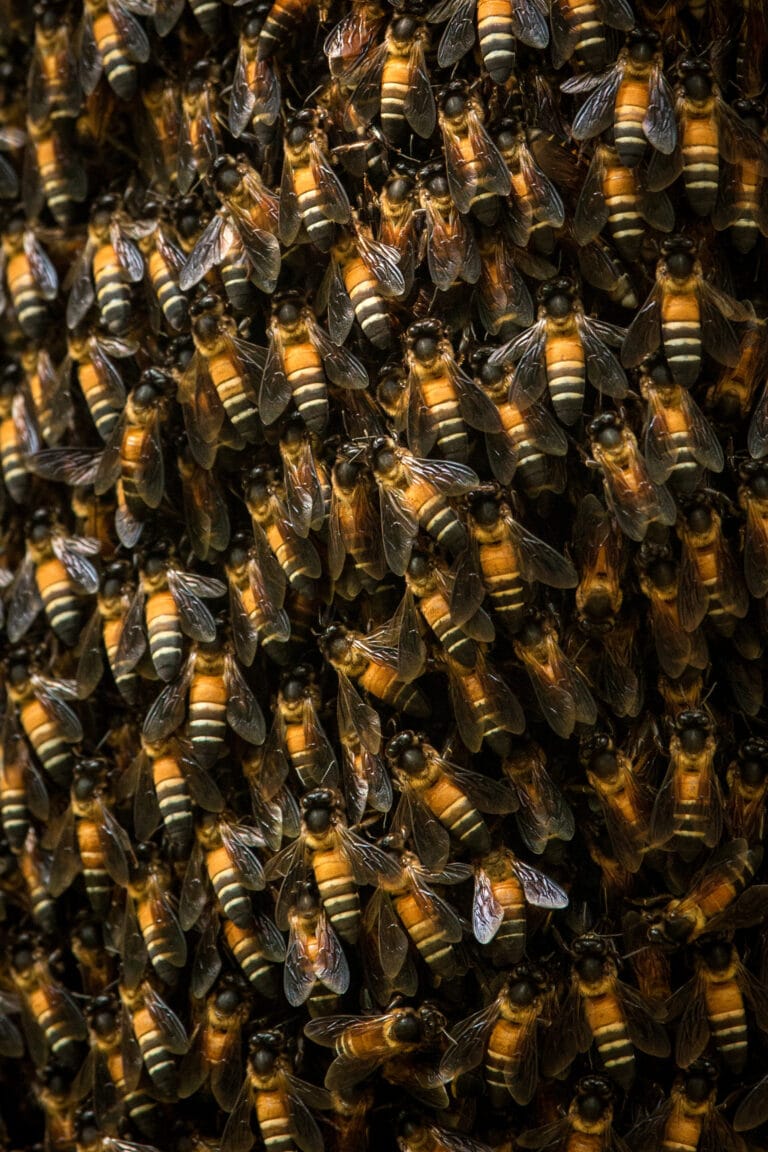
‘Flying Cane Toads’ Part 2: Permanent Residency.In March 2011, media reports warned of dire consequences in the wake of the federalgovernment’s decision to scrap an…
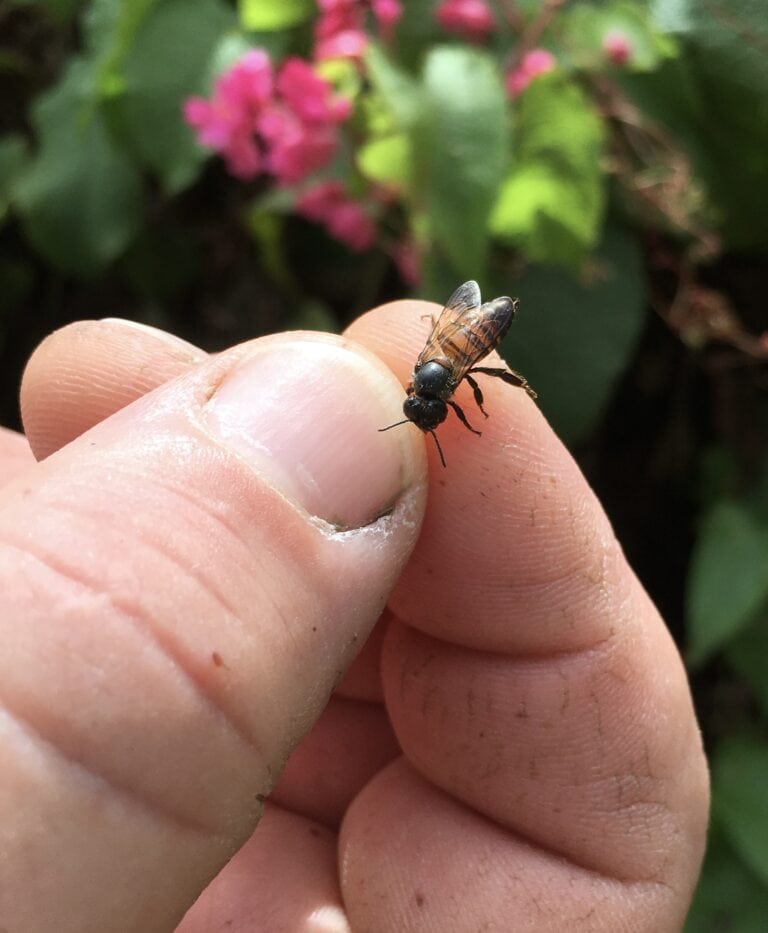
‘Flying Cane Toads’ Part 1: An Unwelcome Immigrant.A little over ten years ago, Australia faced an ecological and financial disaster so dire that thepotential consequences…